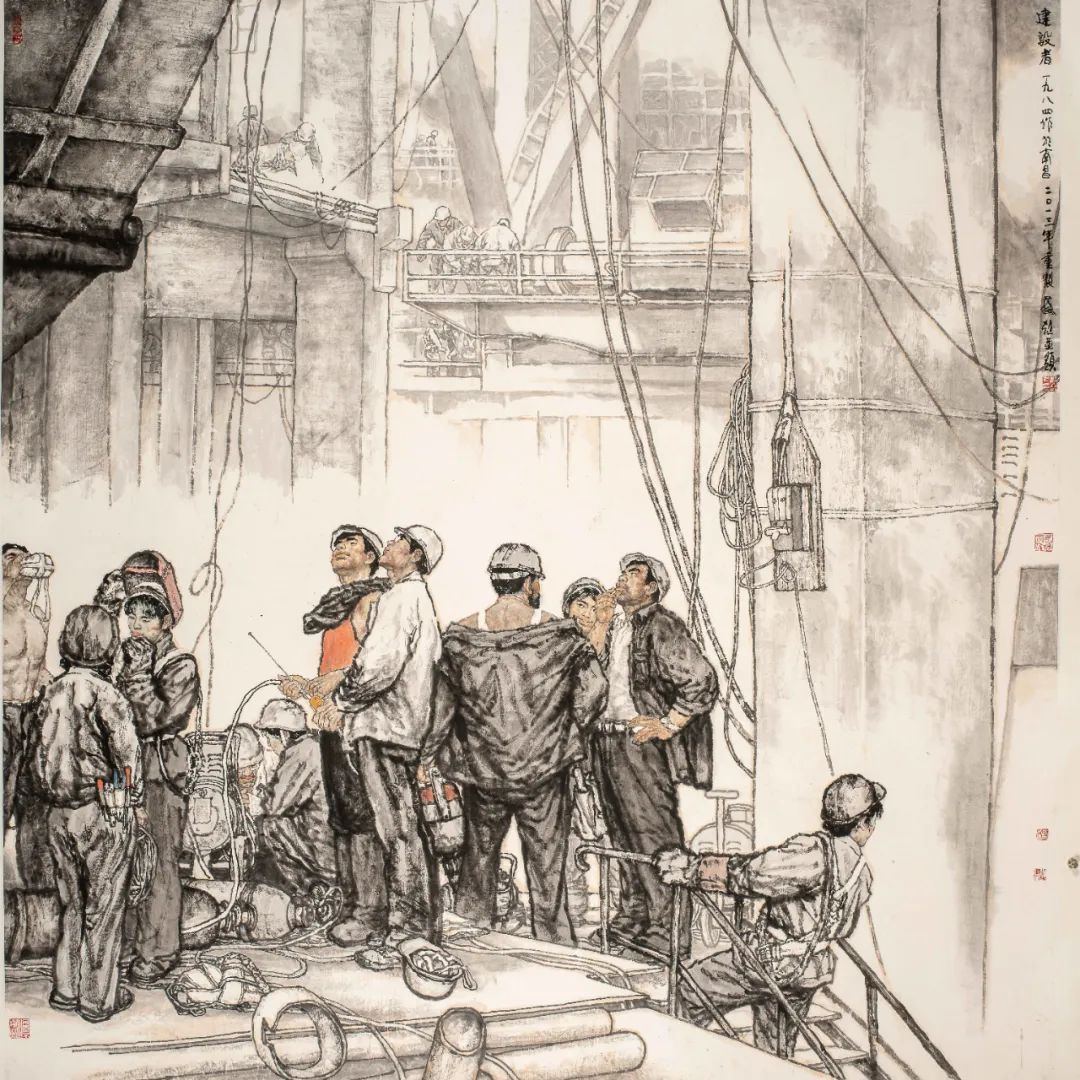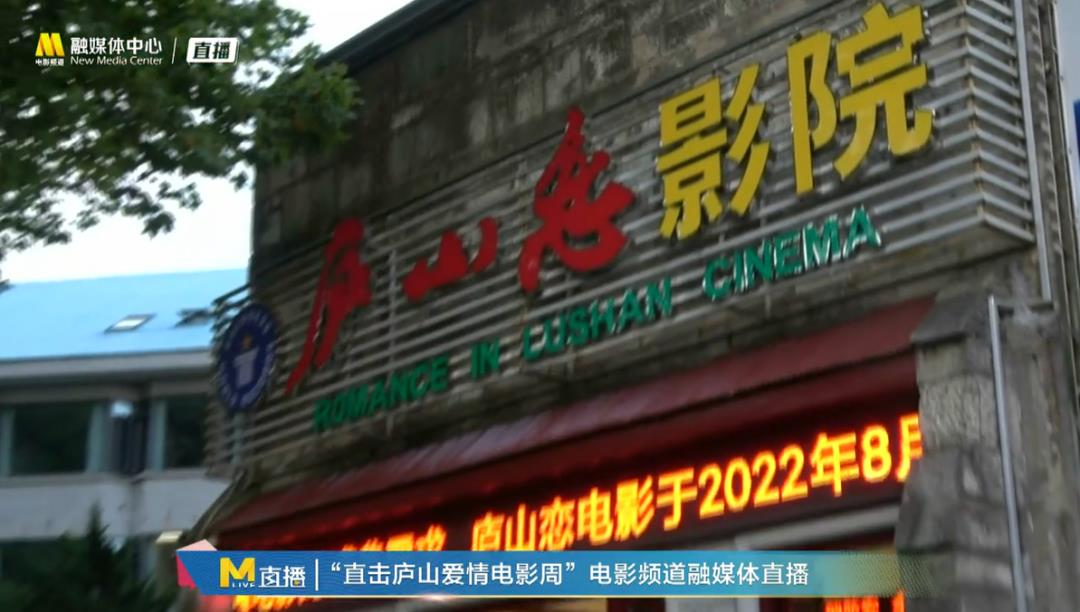

host unit
China cultural art development promotion association
China National Painting Academy
Chinese Artists Association
Jiangxi Provincial Department of Culture and Tourism
Jiangxi Federation of Literary and Art Circles
organizer
Jiangxi Provincial Art Museum
Jiangxi imperial art academy
Jiangxi artists association
Exhibition time
January 18th, 2024 — — February 25th.
Exhibition location
South Hall and North Hall (No.1 and No.2) on the first floor of Jiangxi Provincial Art Museum
Academic hosting
Feng Zhiguo
Master planning
Lei Chen ma kai Zhu
Exhibition director
He kaiyuan
The curator
Zhang Linjie, Cheng Simin and Xiong Wei
Visual design
Raole Wang Wenbin
Curator assistant
Fan Xin
Document arrangement
Xu Xiaodi Wan Xueyao Xu Zijun
Administrative overall planning
Wei Jiangping Peng Jing
Publicity and promotion
Xie Kanru Xiao Nian Li Qi translation
Public education
Tu Xuefei Cheng Yanping
Collection management
Zhu Heng Quqing
Wenchuang development
Zhang Haili, Tang Bo
Exhibition support
Zhou Yuliang Xia Hong

Look like a rainbow and stay in the middle.
— — Preface to Cai Chao’s Works Exhibition
Mr. Cai Chao is a senior artist whom I respect very much. In a sense, he not only represents the creative height of Jiangxi Chinese painting, but also represents the academic level and artistic character of contemporary China figure painting. As a legend, he is a vivid and vivid history of contemporary art in Jiangxi. As an artist, he has made outstanding contributions to the national popularity of Jiangxi fine arts with his personal efforts. For a long time, the name "Cai Chao" was almost synonymous with Jiangxi fine arts. With pioneering courage, he pushed the theme construction and schema language of China’s figure painting creation to a new level; As a teacher, he trained a batch of outstanding students for Jiangxi. He cares about the growth of young artists, and makes great efforts to push Jiangxi fine arts to a higher level in his spare efforts of rewarding and teaching by example. This is the most important reason why Cai Chao is respected.
Si Kongtu’s "Twenty-four Poems" says: "Walking is as empty as a spirit, walking is like a rainbow, the Wuxia Chihiro, walking in the clouds and connecting with the wind, drinking the truth and being strong, and keeping the element in the middle." It may also be very appropriate to sum up the overall style of Cai Chao’s art with "Jin Jian". Although Cai Chao’s artistic creation in different periods has different pursuits and features, the aesthetic characteristics with "strength and health" as the core have never changed. Whether it is the early Rural Survey (1972) and Chen Yi Mountain (1979), or the mid-term Builders (1984), Hoisting (1994) and Iron Arm (1999), and the recent Belt and Road series, they are created from revolutionary historical paintings. This kind of "strength" is not only the aesthetic ideal of the individual artist, but also reflects the spirit and weather of an era. Cai Chao is ill-fated. With extraordinary talent and amazing efforts, he not only wrote the tenacious history of personal struggle, but also wrote a brilliant chapter of Jiangxi fine arts. Sima Qian once said: "There are 300 Poems, which are also made by the furious sages at the bottom. This person has a sense of stagnation and can’t understand it.Therefore, it is also true to describe the past and think about the newcomers, and the so-called "to ease their anger and think about empty words to see themselves". Cai Chao was mistaken by a quack in his childhood, leaving him with a lifelong disability. What we see in his rainbow-like picture is not his anger and lyrical demeanor. A poet should beware of prosperity and Cai Chao’s artistic life truly responded to the great tradition of "perseverance and self-knowledge" since Qu Yuan and Sima Qian.
In my understanding, Cai Chao’s works of art have at least the following two outstanding meanings:
Inheriting and expanding the traditional realism. As a figure painter with excellent modeling ability, Cai Chao always insists on going deep into real life. With keen observation and understanding, and rich life experience, he constantly refines creative motifs from life and explores artistic interests that ordinary people are not easily aware of. Therefore, the characters in Cai Chao’s works always have fresh life and breath. They are not empty "people", but real "people" who are firmly connected with the atmosphere and breathe with the times. He has created a brand-new image of the people who belong to the land of Jiangxi Province, which is Cai Chao’s most important contribution to Jiangxi’s realistic painting creation. At the same time, Cai Chao not only inherited the fine tradition of figure painting in China since Xu Beihong and Jiang Zhaohe, but also set up a refreshing painting paradigm in the field of industrial themes with the courage and courage of "keeping pen and ink with the times" — — This is an unprecedented great breakthrough.
Innovation and development of traditional Chinese painting pen and ink program. Cai Chao is a typical representative of self-taught painting in China. Although he has never entered a professional art college, he has formed a broad academic vision of "learning from many teachers" through hard self-study. Cai Chao not only laid a solid modeling foundation through diligent sketch training in his youth, but also systematically mastered the technical vocabulary of Chinese painting creation through the advice of Huang Qiuyuan, Fang Zengxian and other famous artists in the North and South. As a figure painter, Cai Chao is good at landscapes, flowers and birds. He has never confined himself to a certain sect or genre, but is good at extracting rich nutrition from various art categories. He not only created the modern industrial theme fashion of figure painting in China, but also provided a mature case with great reference significance for exploring the modernity of Chinese painting creation in the new era, and formed his own pen and ink language system in the process. He creatively developed the "ink-breaking method" to a new height and applied it to the creation of figures, landscapes and flowers and birds. Since the end of last century, its distinctive "Cai Family Style" has been known and praised by China painting circles. In fact, the breakthrough of the traditional pen and ink formula is a crucial core indicator to measure the artistic status of a China painter, and Mr. Cai Chao has undoubtedly made outstanding contributions to it.
Today, the exhibition of Cai Chao’s works is about to open in Jiangxi Provincial Art Museum. As a junior who has received his selfless care and support for a long time, I always feel grateful and revered from the bottom of my heart when I look back on my contacts with my husband. I am very excited to hear that there will be many precious comic book manuscripts on display in this exhibition. We will take this opportunity to get a glimpse of Mr. Cai Chao’s artistic exploration, understand the internal relationship between creative conception and composition, and further understand the rich content and logical clues contained in history, present and real life.
This year will be Mr. Cai Chao’s eightieth birthday. I would like to take this exhibition to pay tribute to this legendary artist of Jiangxi fine arts! I wish Mr. Wang 800 years old, and his art will last forever!
— — Feng Zhiguo
(Professor and Doctoral Supervisor of China Academy of Fine Arts)


Rural survey 102cmX137cm 1970

The builder 215cmX205cm 1984.

The pillar 185cmX170cm 1993

Hoisting 211cmX175cm 1994

"Unity is strength" 171cmX201cm 1995

Silent Autumn Night 212cmX153cm 1999

The Star of Ancient Greece comic draft 18cmX18cm 1982

Sketch of Top Pillar Creation 18cmX15cm

Fang Zhimin comic book draft 16cmX24cm

"Chen Yi in Jiangxi and Guangdong" comic book draft 18cmX23cm

Sketch of construction site

Sketch 19cmX13cm

"Sketch of Cai Chao" Zhong Zengya 27cmX20cm



















